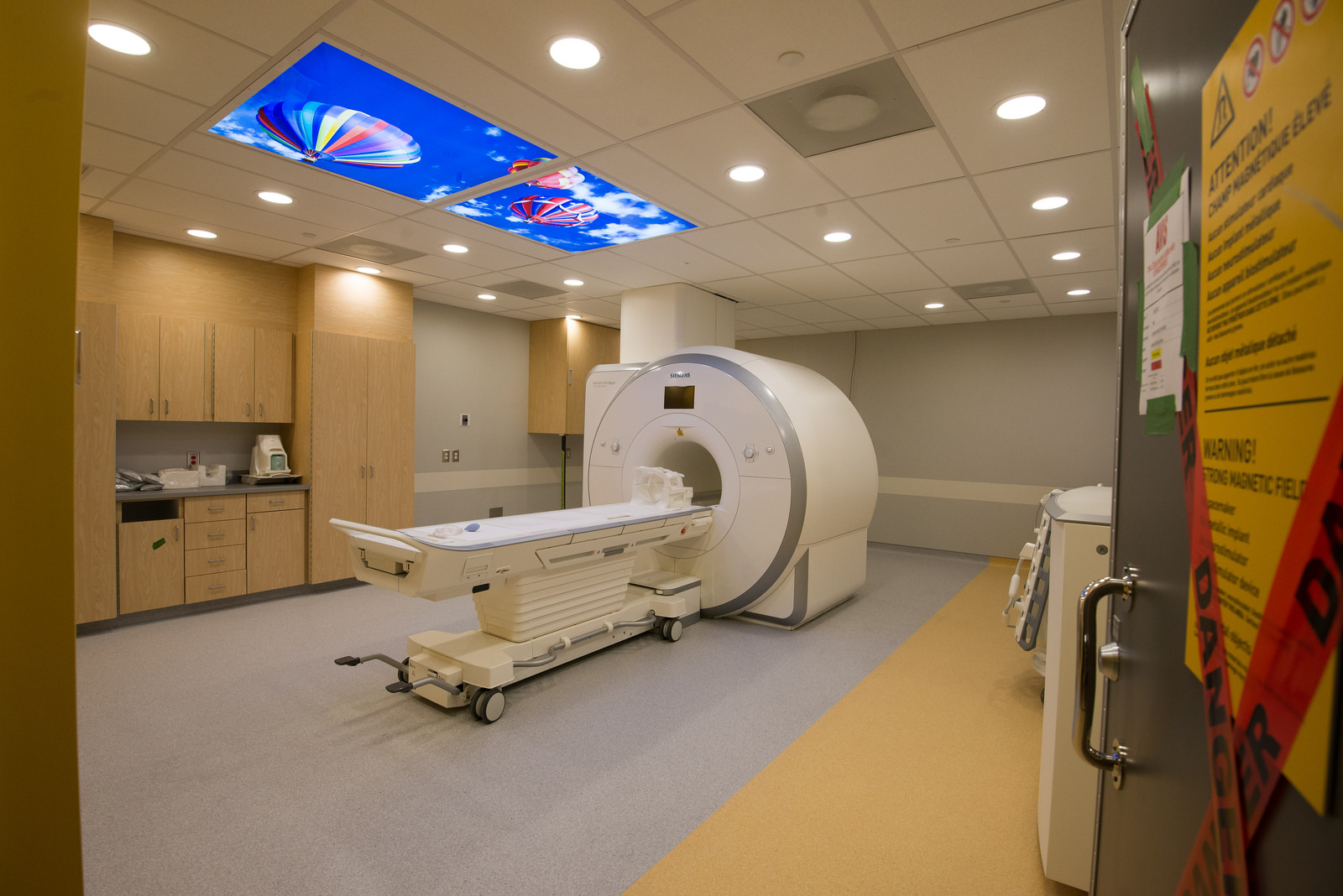Complex Trauma and Fracture Treatment in Jaipur

REQUEST A CALL BACK
Complex Trauma and Fracture Treatment
 What is Trauma ?
What is Trauma ?
Some wounds go deeper than flesh, and the marks they leave don’t manifest themselves as scars, or blemishes – instead, you’re left with nightmares, flashbacks, insomnia, and a cocktail of emotions that, sometimes, time alone can’t make go away.
Let’s all come together and say it: trauma sucks. It seriously does. Not only are you put through a harrowing event, but you get the (dis)pleasure of having to re-experience it.
It’s hard to quantify trauma when many people use the term so casually. On the other hand, the thought of actually getting diagnosed with post-traumatic stress disorder after a legitimate trauma is associated with having gone crazy, or perhaps even “overreacting”.
It’s infuriating. But here at Vantage Point, we know exactly what trauma is and isn’t – and we’ll answer any and all questions you might have.
From the Greek, the word trauma simply means “wound”, and more often than not, it’s the physical in an event that triggers this mental state. When a traumatic experience occurs, it’s often a physical nightmare so powerful that our minds cannot overcome the event. Not everyone experiences traumatic stress, even after a harrowing event – but for those that do, it’s a debilitating condition that can change your life for a few weeks or months, to over the course of an entire lifetime.
To have undergone trauma means to be stuck on a moment in your life that, despite your best intentions, won’t quite go away. For some, it’s the shell shock of war that does it – for others, it’s a close personal relative having their way with you, while you’re left unable to confess to anyone for decades about what happened.
Hey, we get it. We really, really do. Getting treatment for trauma is especially hard – because as it is, PTSD is a mental illness, and that means that on top of dealing with the stress of living with the mental equivalent of a malignant tumor, you have to worry about being labeled dangerous, crazy, and mentally ill. No one ever asked to be exposed to a traumatic experience – and the last thing they’d want right afterwards is to feel mentally “broken”, or sick.
Here at Vantage Point, mental illness isn’t a curse. It isn’t any different to us as an infection or a tumor might be to a surgeon. To us, you’re not deprived of normality, or a walking stereotype of emotional instability. You’re a person, dealing with a hefty mental wound, and we provide you with the means to excise the problem, treat the area, and let it all finally heal.
What Trauma Actually Is ?
Everyone has a few bad days, and there are times when things aren’t looking so good financially or emotionally, and the world just feels like a dark and grim place. Getting good sleep gets harder, finding the motivation to exercise dwindles, and you even feel your performance at work suffering.
Ups and downs are a part of life – but there are specific symptoms that occur after a traumatic experience that redefine the way people see their “downs”. Post-traumatic stress manifests itself as:
- Insomnia
- Irritability
- Feeling numb (the thousand yard stare)
- Reliving the event, months after it happened
- Avoiding people and places because of the trauma
- Recurring images and flashbacks
- Difficulty concentrating, getting easily startled
- Chronic tension and anxiety
The list goes on, but the idea is important: trauma is highlighted by stress that you just cannot cope with. It’s defined by fear, a fear of death, of persecution, of repeated trauma – to the point of irrationality, where it turns into paranoia. Traumatic symptoms occur in three distinct flavors, giving you a better understanding of how the condition works. They are:
Hyper Arousal – if you’re easily frightened, constantly on-edge, non-stop tense and incapable of sleep, relaxation, or a moment’s peace, you’re at risk of violent outbursts due to trauma.
Re-Experiencing – flashbacks, nightmares, intrusive thoughts and other horrible manifestations of remembering what happened count as re-experiencing symptoms.
Avoidance – feeling numb, or guilty, depressed and withdrawing yourself from parts of your old life because of an event are signs of avoidance.
Trauma doesn’t just affect you – it affects your loved ones. Ignoring the aftermath of a traumatic experience means that, as time goes by, things could get worse. You could experience depression, suicidal thoughts, or worse, experience bursts of sudden violence. In other cases, it doesn’t take that long for traumatic experiences to turn into depression and panic.
This isn’t meant to scare you – it’s meant to encompass the severity of trauma, so you and your loved ones understand the importance of seeking professional help.
Types of Trauma
Acute Stress Disorder – this is trauma that lasts a few weeks at most, immediately after an event. While this does go away as the name implies, it’s not a bad idea to find someone to talk to, or seek some treatment afterwards.
Acute Post Traumatic Stress Disorder – when symptoms occur for more than a month, but fade on their own after three months, this is your diagnosis.
Chronic Post Traumatic Stress Disorder – while “chronic” implies reoccurrence in some contexts, a CPTSD diagnosis means symptoms are consistently lasting over three months.
Delayed-Onset Post Traumatic Stress Disorder – the most extensive kind, this type of PTSD doesn’t manifest itself until long after the event, and lasts over half a year.
Treating Trauma
No case is the same, and the connotations and considerations both families and professionals have to make change drastically depending on the length, duration and severity of a stress disorder. In other words, we’re not going to advertise how amazing treatment A or treatment B are, without actually coming face-to-face with you and your problems.
Instead, we’ll tell you what we use to a.) help us find out more about your specific, unique case and b.) present you with a way to beat the trauma, on your own terms, in your own way. We’re not magicians, or brain doctors from the future – no one can enter your mind and rewire things just the way you’d like. But what we can do, is help you lead a completely normal life with the wiring you already have.
We do so not through calls, emails, fax or pigeon mail, but through human interaction. Vantage Point specializes in intensive outpatient and inpatient treatment, either putting you in touch with resources in your area to help you progress in your recovery, or giving you a place to completely dedicate yourself to recovery away from work and family.
Here’s a general overview of the tools we use at Vantage Point to fight your stress and help you get to a place in your mind where you can move on from the trauma:
Psychotherapy – this is a long-term treatment tool that requires trust, transparency, and regularly scheduled sessions. Psychotherapy involves an investigation of the mind of sorts, where a professional will help you rummage through your thoughts and identify – and deal with – your greatest fears and neurosis. They can also teach you to cope with possible triggers.
Group Therapy – Sometimes, the only way to really accept your condition fully is to see how others have dealt with similar problems in their life. Group therapy exists to provide a space for PTSD-strugglers to express themselves. If you ever felt the need to say anything at all, this is the place.
Medication – In extreme cases, before the healing process can begin, damage control is more important and pressing. Some trauma develops into severe depression and anxiety – anti-anxiety medication can then be prescribed to beat back at the symptoms.
We make you no promises of a perfect, normal life, or that undergoing trauma treatment suddenly reverses the event that caused it all to begin with. We’re not going to sugarcoat things for you – the road to eliminating your symptoms will be hard, too. But what we can say, and say with confidence, is that with us things are going to get better for you. They’re going to get just a bit better, every single day.
COMPLEX TRAUMA
Complex trauma is different from trauma by a degree of frequency, rather than sheer severity. Instead of the breaking dam that is PTSD, complex trauma could be described as the cascading waterfall that occurs afterward – one serious psychological marring after the other, a rapid fire deterioration of a person’s ability to live life without constantly being haunted by imagery, memories, and pain.
All mental conditions are serious conditions, but complex trauma is arguably one of the more severe diagnosis out there. However, that doesn’t mean you’re sick, or weak, or somehow faulty – or worse yet, at fault. It means you’re bendable, flexible, and compassionate. It means you’re capable of changing and learning. It means you’re human – a working, functioning human being, with human problems and human boundaries.
Our minds can only take so much before they break, and the breaking point differs from person to person. But when that breaking point is stepped over and violated repeatedly, the mind changes from an incapability to cope with a single event, to a systematic breakdown of stress management. You can’t think, eat, work, sleep, or do much of anything without being reminded of whatever personal hell you had to go through.
Here’s What Makes Complex Trauma Different
Here at Vantage Point, we differentiate between post-traumatic stress and complex post-traumatic stress. To us, C-PTSD is a condition that requires a wholly different approach, and one that changes from case to case. We’re not going to give you a magic pill or put you through a cookie-cutter 12 step program to build up your ability to cope. We specialize in the latest and most effective available psychiatric treatment options – but even more importantly, we specialize in caring. No matter how hard it gets, the one thing you can be sure of is that with us, it’ll get easier.
How Complex Trauma Works
It doesn’t take much reading to realize that the human mind is a pretty fragile thing. That’s by no accounts a bad observation – we need our minds to be malleable and open to outside experiences, in order to learn, and better ourselves, and use our struggles and discomforts to become better at living. But life isn’t always a perfectly linear, chronological cascade of increasingly discomforting experiences. Sometimes, everything is amazing, and the world is on your side in everything you do. At other times, it can all come crashing down in the hardest, most painful ways. When the human mind is put through that much unimaginable pain, that quickly, our ability to bend tears and instead we break. That breaking point is different for everyone. Some individuals are gifted with a powerful mental fortitude – they maintain a psychological wall so resilient, that while they still feel pain and empathy, they can function at times and after events where others might crack. In other individuals, a painful childhood or previous trauma might expose that outer wall, like faults in a volatile reactor. It might start as a small fissure, a tiny fault, but with enough sudden pressure, that can build into a crack, and eventually, a collapse. In complex trauma, that collapse happens repeatedly – like a jackhammer continuing to work on the remaining rubble. Repeated abuse, a string of harrowing combat experiences, and other series of physical and emotional trauma can trigger a condition of C-PTDS, often paired with one or more other psychological illnesses, like:
Obsessive-compulsive disorder
Schizophrenia
Bipolar disorder
Social phobia
Severe depression
Dissociative disorder
Generalized anxiety disorder
Borderline personality disorder
Each of these illnesses is the mark of a broken mind, struggling to cope in its own way – and in some cases, these illnesses are either caused or aggravated by complex trauma. If you or a loved one have undergone a massive shift in personality after a series of traumas, then chances are you’re suffering from more than just PTSD. Other symptoms in the aftermath of complex trauma include:
Poor emotional regulation
Poor behavioral control
Negative body image and low self-esteem
Amnesia
Depersonalization
Boundary and attachment issues
Poor coordination and foggy thinking
In other words – you’re no longer like you were. That doesn’t mean you’re not you – it doesn’t mean you’ve been sullied, or completely destroyed as a person. Here at Vantage Point, we know that with the right treatment plan, you can return to a sense of normality, and slowly regain control over your life. You’re not a lost cause. You are not a lost cause. It’d be an understatement to say you’re in a bad place in your life, so instead, we’ll call it the worst of places – a dazed, trapping nightmare. We’re here to help you wake up again.
Coping with Complex Trauma
There are a lot of ways to treat complex trauma – although treatment might be a strange word to use in this case. We’re not going to lie to you, and say that things will be like they were. They never will be. But life doesn’t have to amount to painful memory after painful memory – with our help and patient care, we at Vantage Point will work hard with you to get to a place where you can cope with what happened, to the point where it’ll no longer get in the way of you doing what you’re meant to be doing: living. How? By figuring out what hinders you the most, and focusing on that above anything else through a list of options such as:
Group Therapy
Support Systems
Emotion-Focused Therapy
Cognitive-Behavioral Therapy
Dialectical-Behavioral Therapy
Sensorimotor Psychotherapy
Psychodynamic Therapy
Eye Movement Desensitization and Reprocessing Therapy
A lot of these therapies sound a little intimidating, or outlandish – but all you really need to know, to begin with is that they’re designed to address individual parts of a larger problem. Some might work better on you than others – our job is finding out exactly what combination works best for you in order to achieve six simple, succinct healing goals:
Safety
Emotional control
Self-reflection and contemplation
Overcoming trauma
Increasing social interaction and serious relational engagements
Improving and expanding your ability to be happy
Sometimes, that means employing intensive inpatient care, by giving you an environment far away from any traumatic triggers, so you can rebuild your own wall a brick at a time without stress or pressure, and with help of anti-anxiety medication or other prescribed medical aids. In other cases, our intensive outpatient treatment plan helps you focus on getting better and seeking help while continuing to seek an active part in your life, from working to staying with your family. No matter how you choose to move forward, we will respect your choice – and we’ll stand behind you, to make sure every step you take towards betterment, will be a step you won’t lose, or fall back from. That’s the Vantage Point way.
Trauma & Factures
Orthopedic trauma conditions include fractures and dislocations as well as severe soft tissue injuries caused by traumatic events. Common orthopedic traumatic injuries include femoral and tibial shaft fractures, acetabular and pelvic fractures, spine and spinal cord injuries, hand and upper extremity injuries, foot and ankle injuries, among many others. Polytraumatized patients are those unique individuals with numerous skeletal and other primary organ system injuries, usually caused by high energy traumatic events. We coordinate the orthopedic portion of the patient’s care with other subspecialties in order to optimize the clinical outcome. We provide numerous orthopedic services including skeletal realignments and stabilizations using closed, percutaneous, external, and internal fixation techniques. Similarly, we treat associated soft tissue injuries using a variety of methods. Another of our services is advancing the orthopedic trauma education of physicians and medical personnel–locally, regionally, nationally, and internationally. We also provide innovative orthopedic trauma research, which further improves clinical care.
Call Now!
Book An Appointment!
Explore our Hospital
Rajat Hospital is dedicated to improving the quality of care for the patients who suffer a heart attack and related illnesses.








